LEAF
Learn biodiversity through Environmental Action For the community
-
Sponsor
Co-funded by the Erasmus + Programme of the European Union
-
Location
Schools and non-governmental organizations from Serbia, Croatia, Romania, France, Greece and Italy take part in the project
-
Launch date
1 September, 2022
-
Status
Actif
-
Project Type
Action Project
-
Project Duration
27 month
In the LEAF project, ENERGIES 2050 led the creation of the LEAF Academy Toolbox, developing educational resources on biodiversity to support community engagement, and guided partners in implementing citizen science and environmental education initiatives.
Global problem
Biodiversity loss poses severe global risks to ecosystems, climate stability, and human health. Europe’s Mediterranean region, with its rich plant diversity, is particularly threatened by habitat loss, pollution, invasive species, and agricultural expansion. In countries like Greece, Italy, and France, between 6-12% of vascular plants are endangered.The EU’s Biodiversity Strategy highlights the critical need for education in fostering environmental responsibility to combat biodiversity loss and climate change. However, environmental education is often inadequately integrated into school curricula, leaving students with limited exposure to these essential issues.
Project website : https://leafbiodiversity.eu/
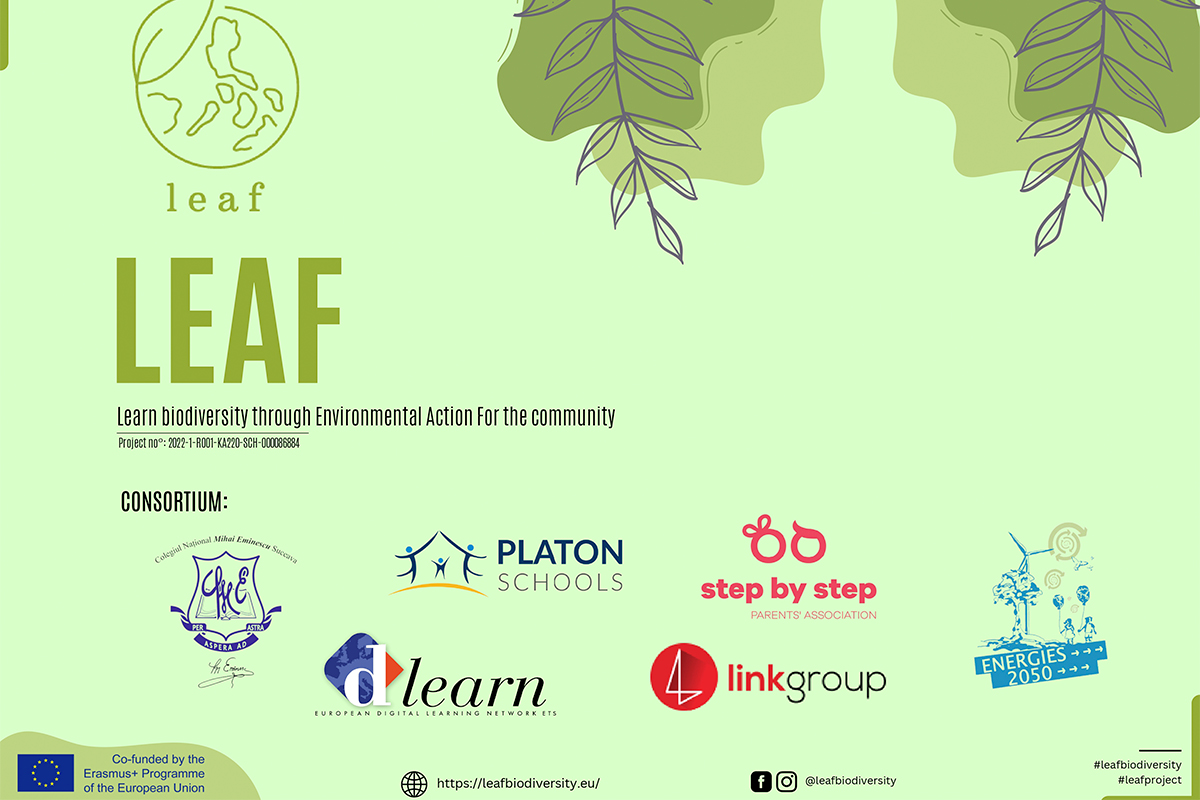
The LEAF project addresses this gap by engaging schools and non-governmental organizations from Greece, Italy, France, Romania, Serbia, and Croatia in hands-on biodiversity education through service learning and citizen science. By involving students in local biodiversity monitoring and community action, LEAF empowers young people with the skills and awareness to contribute actively to conservation and sustainability goals, fostering a generation committed to preserving biodiversity
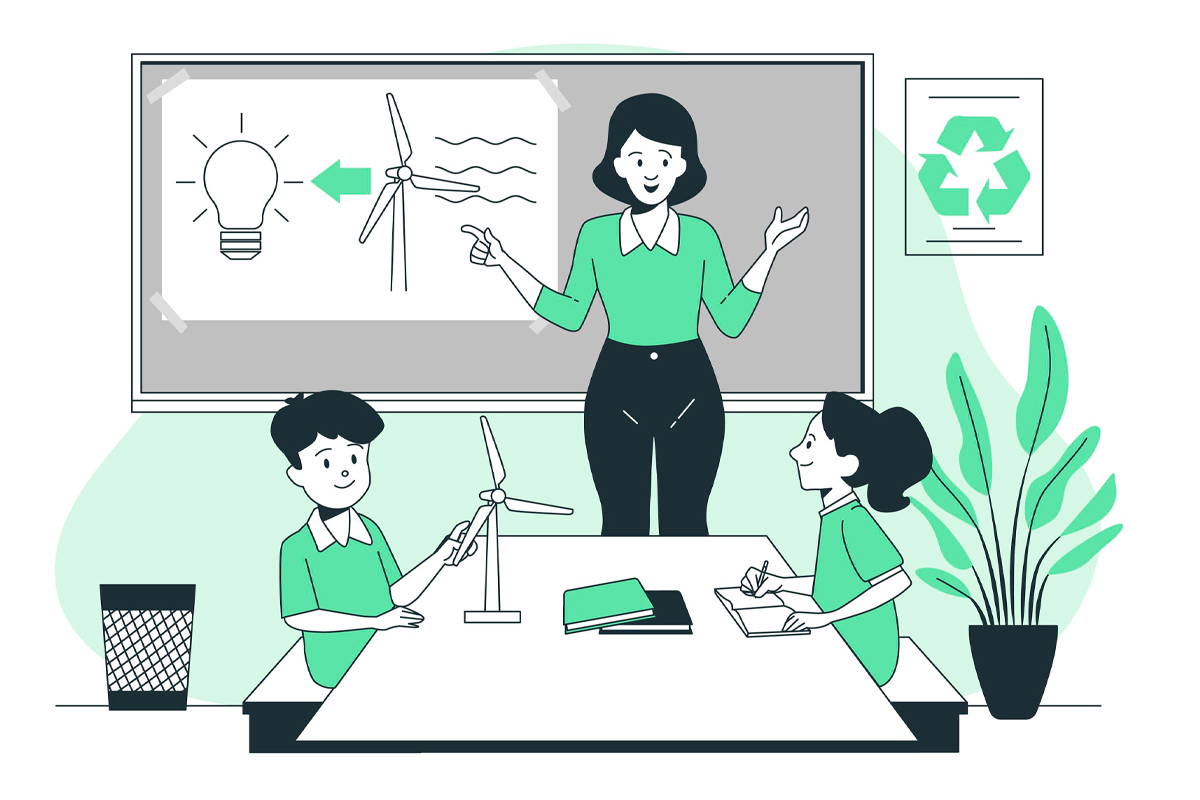
LEAF aims to leverage on the “service learning” (SL) and “citizen science” methodologies and apply them to secondary schools, with the aim to engage students in the monitoring of local plant biodiversity. SL means to create a link between students’ learning objectives and actual needs from the community, therefore literally taking learning out of the classrooms and into real life.
SL differs from community service because it is not sporadic or made on a voluntary basis, but systematic and included in the school’s syllabus, developed in a close and long-term relationship with the community’s stakeholders.
To tackle complex sustainability problems, including the preservation of biodiversity, sustainability must be mainstreamed into education inside and outside the classroom to educate learners to be catalysts of change, who are willing to start initiatives in favor of society and take responsibilities towards the planet.
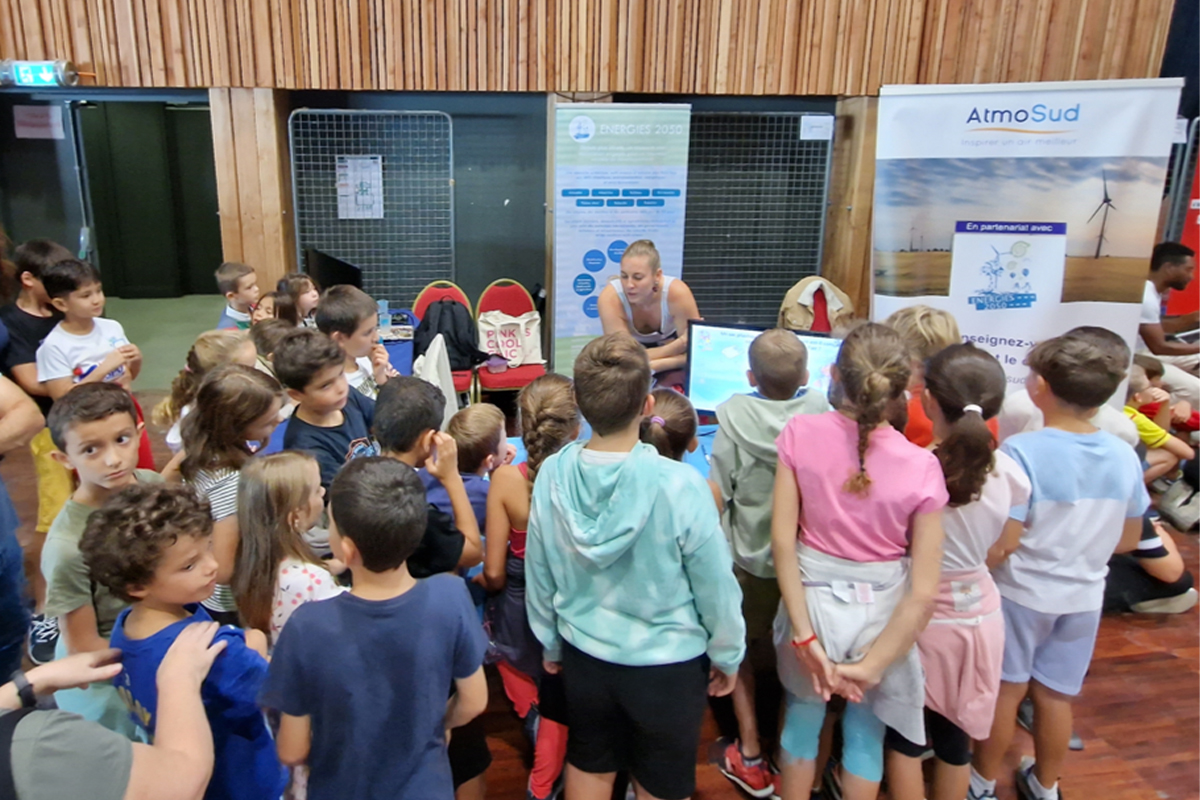
To do this properly, teachers’ training is of utmost importance, therefore secondary school teachers were chosen as the main target group of the project. Contact with nature generates a range of positive learning and health benefits.
One of the results of the LEAF project is a handbook on plant biodiversity, which serves as an important methodological tool for teachers who want to deal with this current topic This project raised awareness of the importance of preservation of healthy environment. It also aimed to increase student engagement in STEM learning through project-based activities, and promote active citizenship and environmental stewardship. LEAF’s innovative model empowers students through citizen science, making them agents of change while bridging academic learning and community needs.
It is important to engage students to adopt healthy habits, that they become environmentally conscious and that their responsible behavior influences the protection and preservation of the environment.
Innovations
-
Service-Learning Approach: Connects student learning to real-life community needs by engaging in plant biodiversity monitoring, enhancing practical and societal impact.
-
Citizen Science Promotion: Empowers students to collect biodiversity data, fostering environmental awareness and meaningful contributions to scientific research and community engagement.
-
Teacher Training: Provides continuous professional development opportunities for educators, equipping them with innovative, multidisciplinary teaching methods on biodiversity.
-
Expanded Biodiversity Monitoring: Increases the percentage of monitored plant environments, enhancing data resources and expanding biodiversity knowledge bases across participating countries.
Downloads
-
Project leaflet
Partners
-
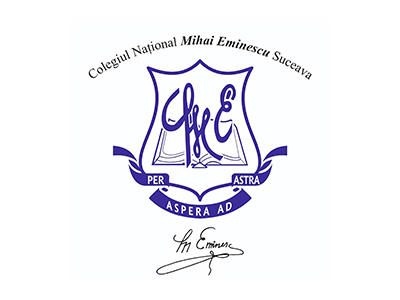
Colegiul National "Mihai Eminescu"
RomaniaSecondary educational institution
-
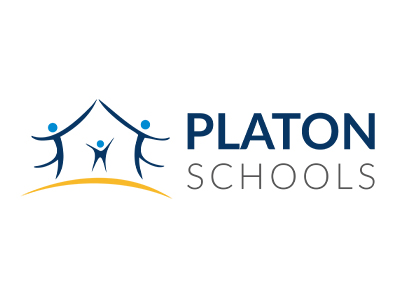
Platon M.E.P.E.
GreecePrivate educational institution
-

Link Group
SerbiaCompany specializing in professional education and certification in IT and business
-
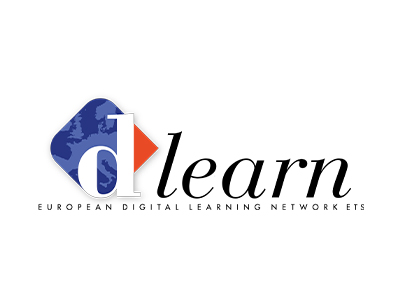
European Digital Learning Network
Italynon-profit organization promoting digital skills and learning to address digital transformation challenges in Europe
-
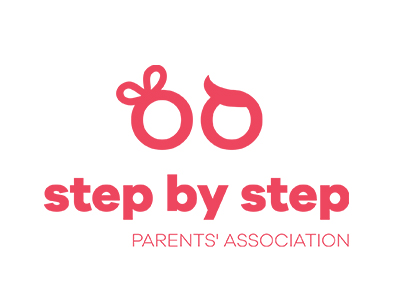
Udruga roditelja "Korak po korak"
CroatiaParents' Association
-
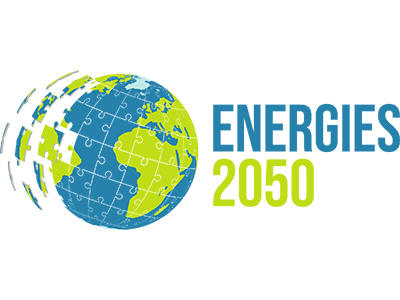
ENERGIES 2050
FranceInternational association committed to the ecological, climatic and civic transition
support us
ENERGIES 2050, independent and without operating subsidies, relies on the generosity of donors like you to sustain and expand its actions. Support our work with a donation or explore other ways to contribute.

